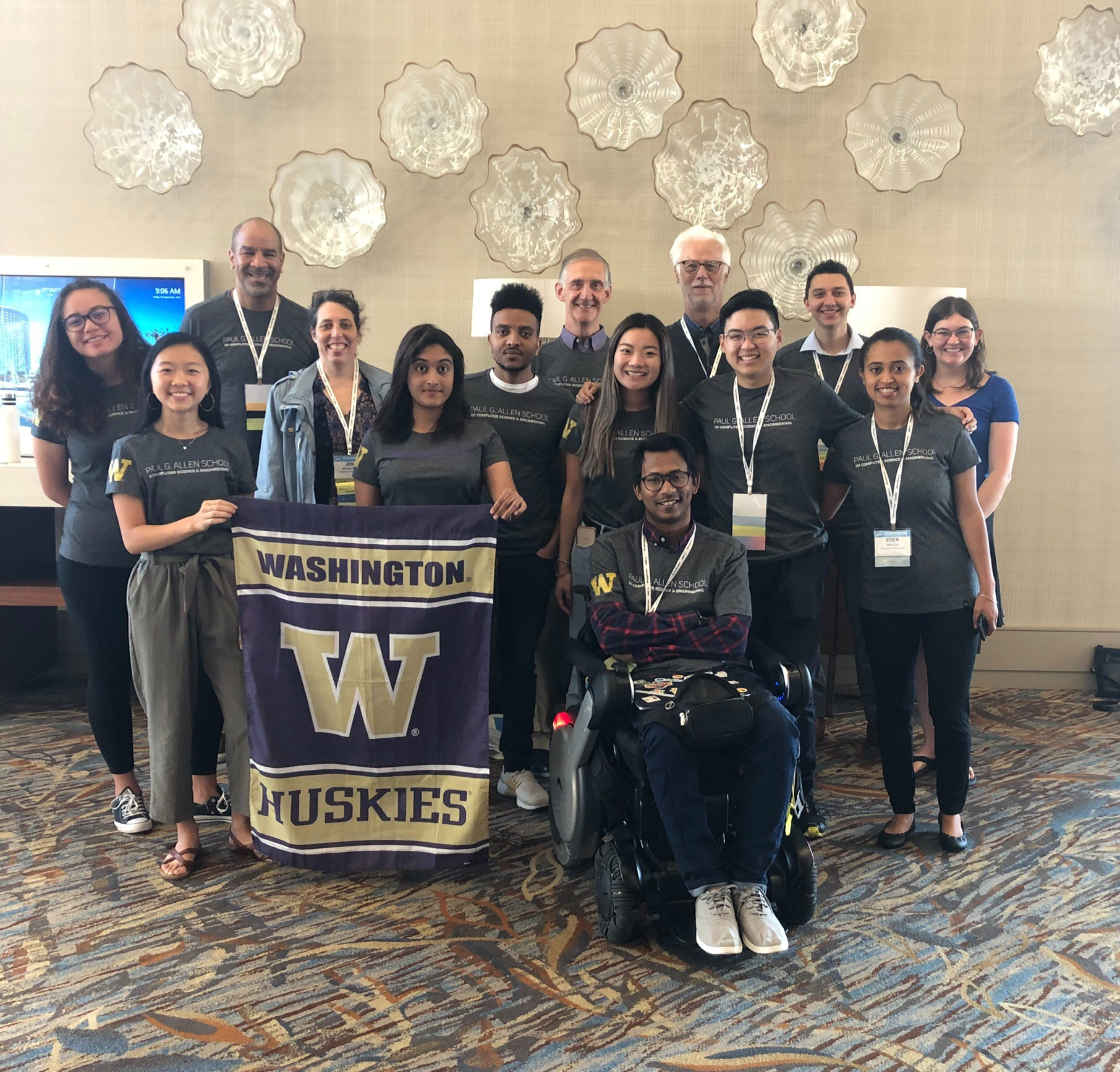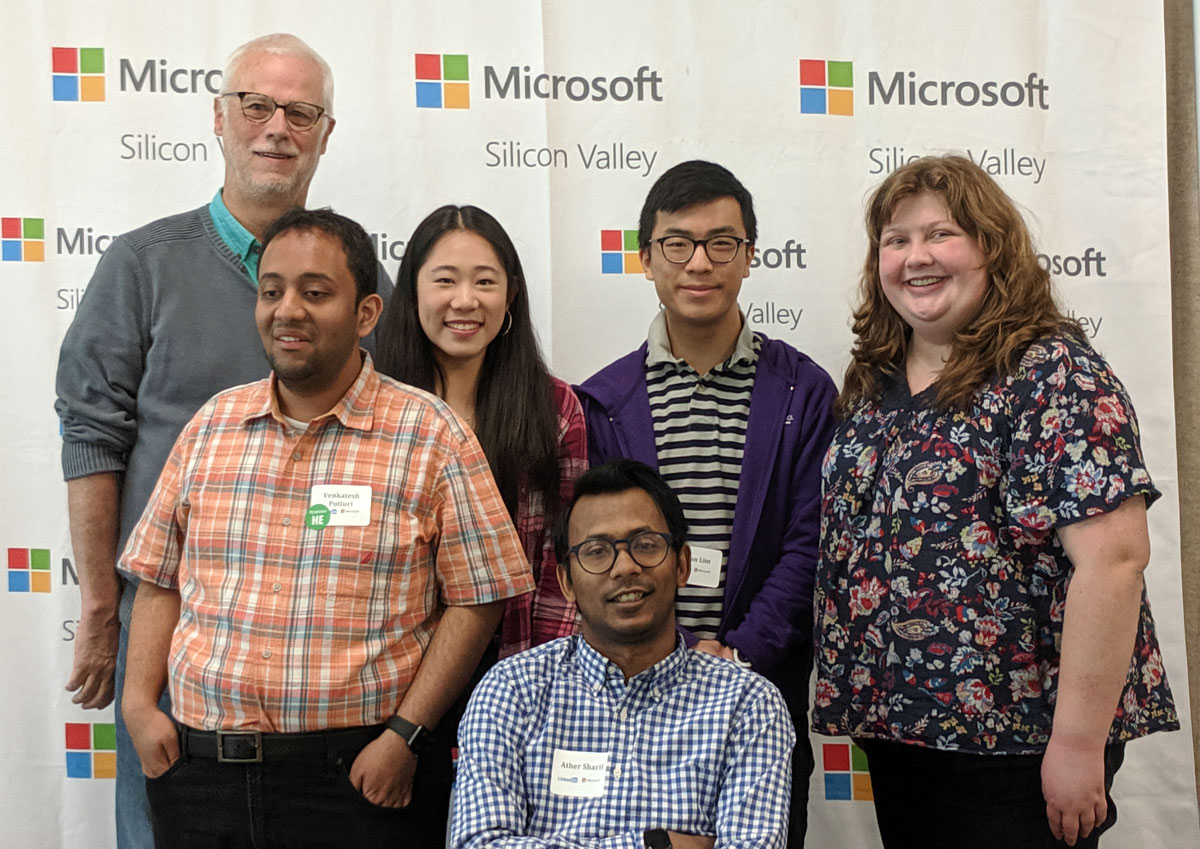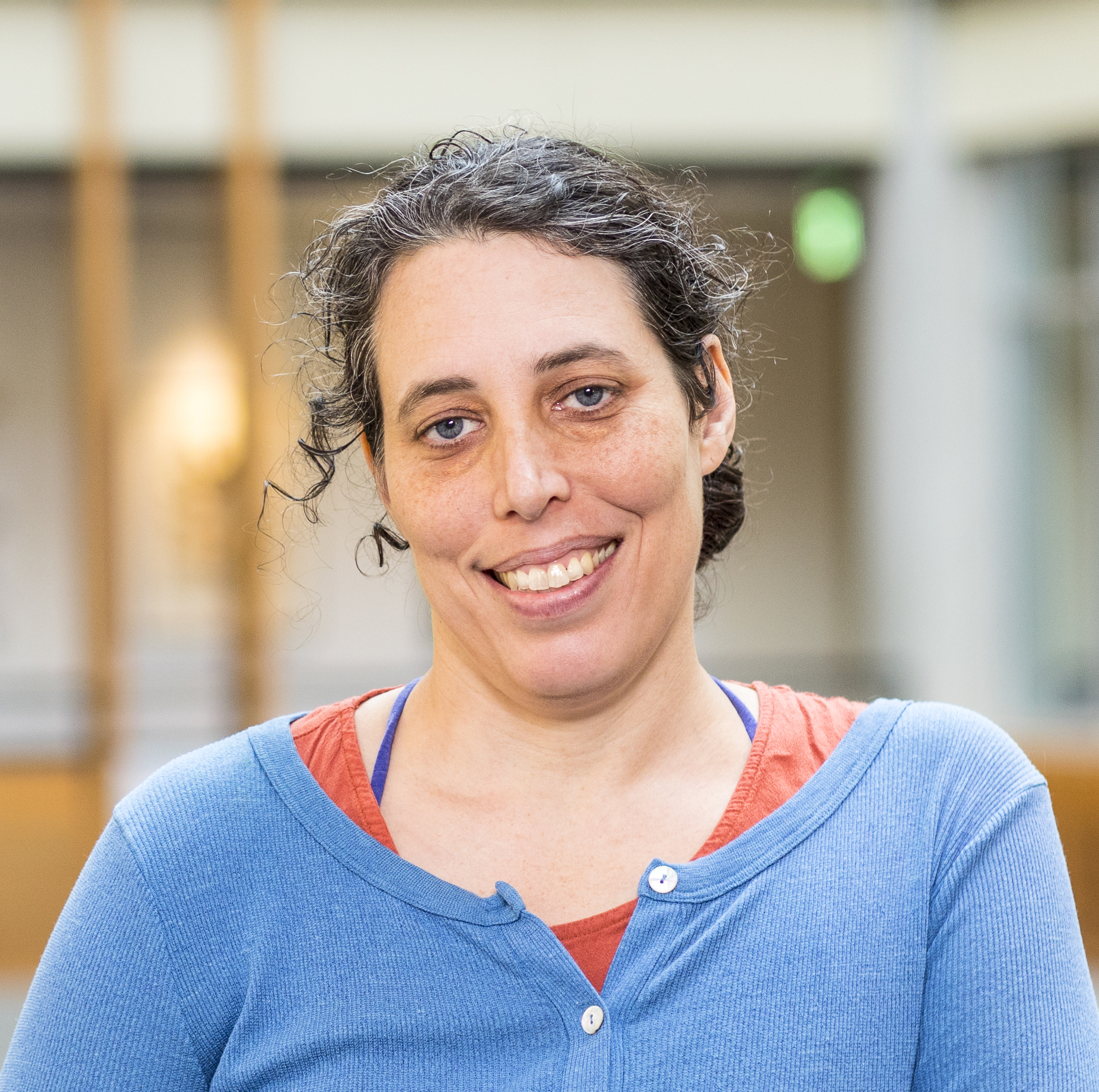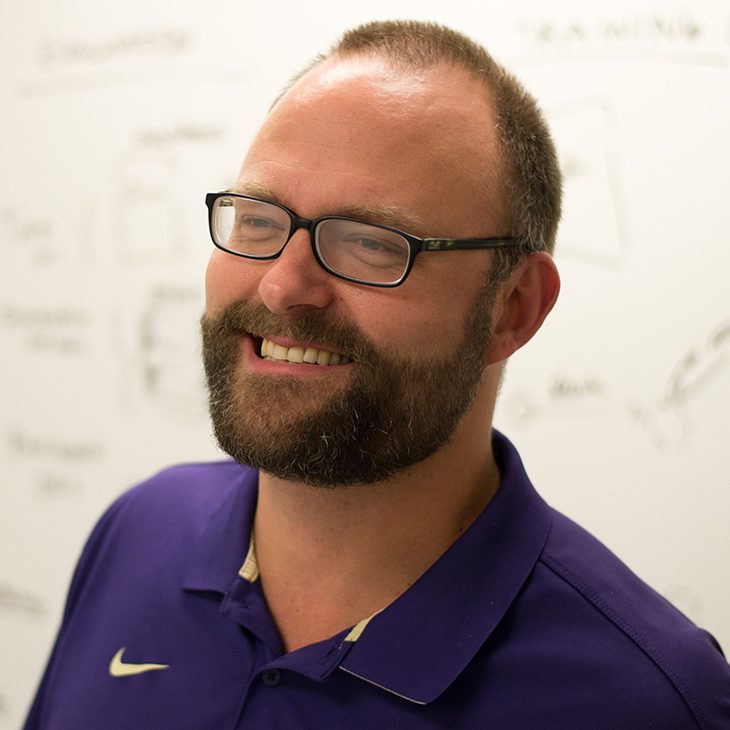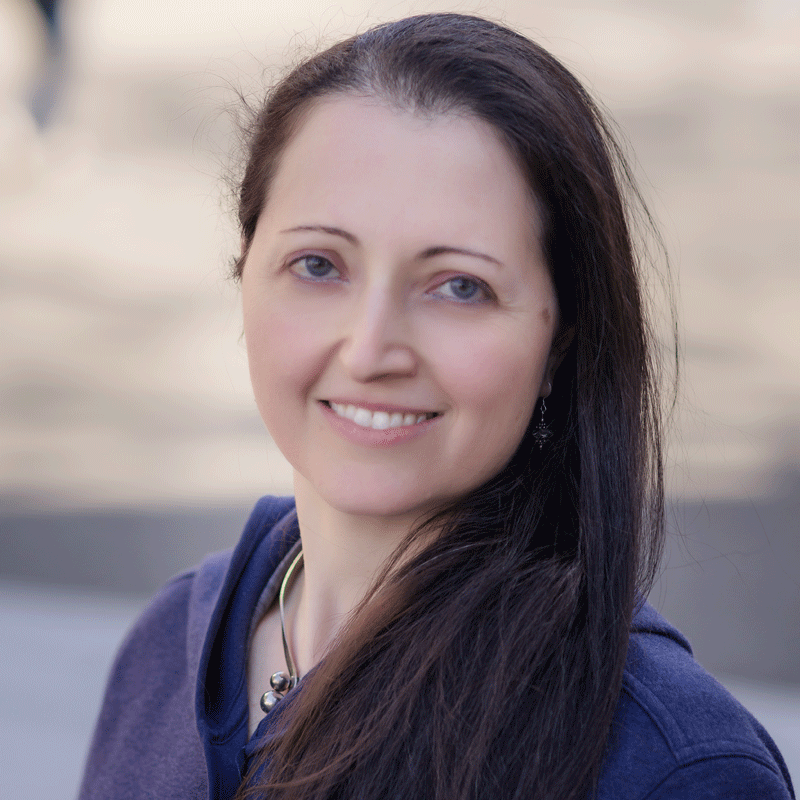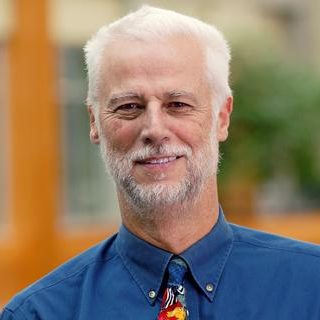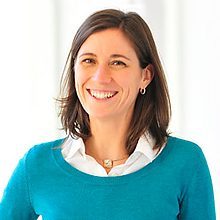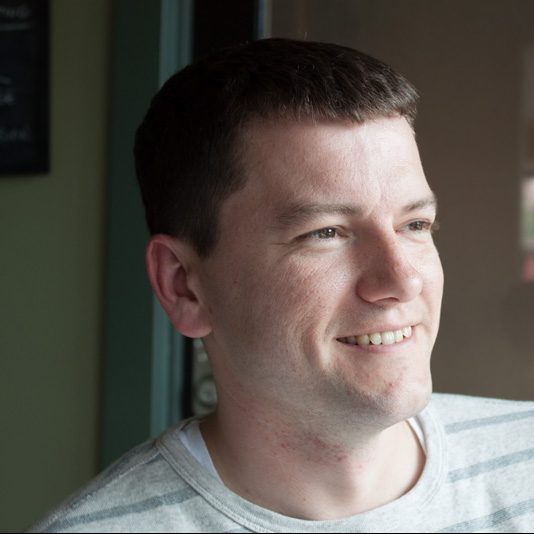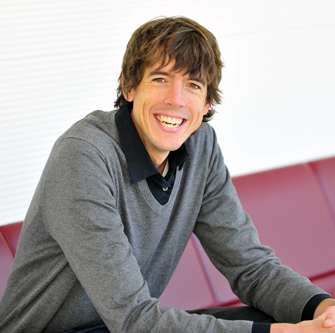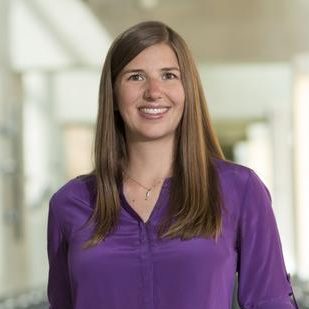My research seeks to scientifically understand people’s experiences of computers and information, and to improve those experiences through design and engineering, especially for people with disabilities. My specific research topics include input & interaction techniques, human performance measurement & modeling, HCI research & design methods, mobile computing, and accessible computing. Affiliations: Professor, The Information School Adjunct Professor, Paul G. Allen School of Computer Science & Engineering Director, ACE Lab Contact Wobbrock faculty page wobbrock@uw.edu 206-616-2541 Google Scholar Research highlights Slide…
